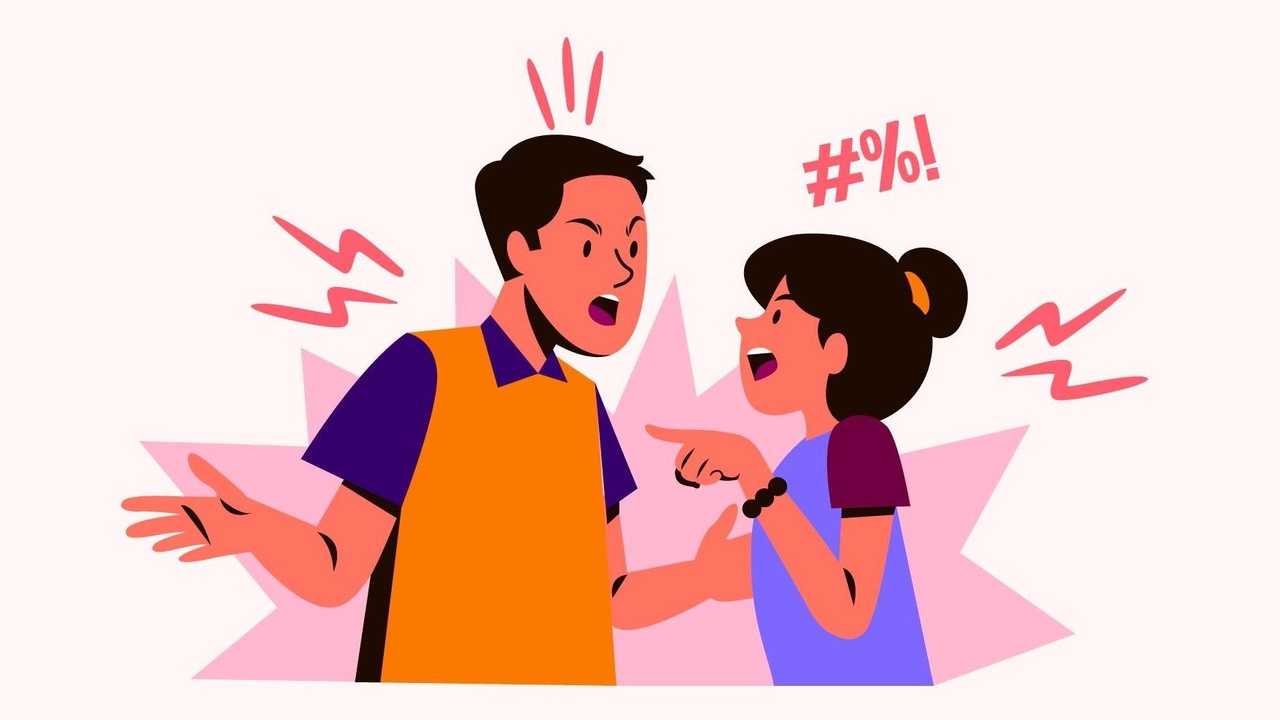The Psychology Behind Overreacting: What It Really Means
Mar 18, 2021
Tell me if you’ve known of this to happen:
You’re in a relationship, and one of you gets a little peeved about some ordinary matter and says something like, "It really bugs me that you don't listen to me.” The other partner reacts by exploding in rage, hurt, or both, in a manner far more intense than the initial statement justifies. The first person tries to calm things down, but nothing works. The explosion goes on for a while. In time the dust settles, but neither of you knows where to go from there, so you just hope it doesn't happen again.
Unfortunately, most of the time it does happen again. Whatever caused the explosion didn't go away, and all the avoidance, positive thoughts, and good intentions in the world won't make it do that. These explosions—called overreactions—must be understood and resolved for you to achieve the lasting intimacy you want in your love life. Read on, and we'll help you understand overreaction and resolve it.
When a person overreacts, they are experiencing an emotional response (hurt, fear, rage, and guilt, among others) that is greater than normal, given the circumstances. If you scream and cry when you are falling off a cliff, that would not be an overreaction. However, if you scream and cry when you stumble over a small pebble, that would probably qualify.
Couples are alarmed by the intensity of overreactions. They often don't have experience in dealing with them. The overreactor may be labeled crazy, sensitive, manipulative, or attention-seeking. The partner of an overreactor may be labeled insensitive, judgmental, or unloving. Obviously, overreactions can get in the way of the love connection.
Understand that, in one sense, overreactions are not overreactions. In objective reality, the emotions exhibited are greater than the situation, but for that person's inner world, the emotions are entirely consistent with that situation. They are living or reliving something that is still present within their experience. This has to do with hurt or pain that has not been dealt with, processed, or healed.
When a person is hurt — emotionally, physically, traumatically, or in other ways — it causes a deep reaction inside. Withdrawal, fear, anxiety, and anger are typical reactions to being hurt. It can be about something far back in the person's past. It can be a pattern in the couple's connection. It can be a symbolic representation of something that has occurred before.
The normal process of resolving this sort of pain is through love, support, grief, forgiveness, and healing. Support and acceptance from a caring environment renders the person capable of expressing the pain, working through it, and letting go in the grief process. Over time, and with the right steps, most hurtful events can be transformed into normal memories that instruct, teach, and warn us about life. But when this healing process does not occur, those unprocessed memories are still experienced as occurring in the here and now. Whatever the specific cause, the overreactions you or your lover are experiencing could be mild or severe hurts that have not yet been healed.
If you're in a season of dating right now and are looking to learn more about having a healthy dating life, click the link below to get signed up for my upcoming webinar on How to Get a Date Worth Keeping.


